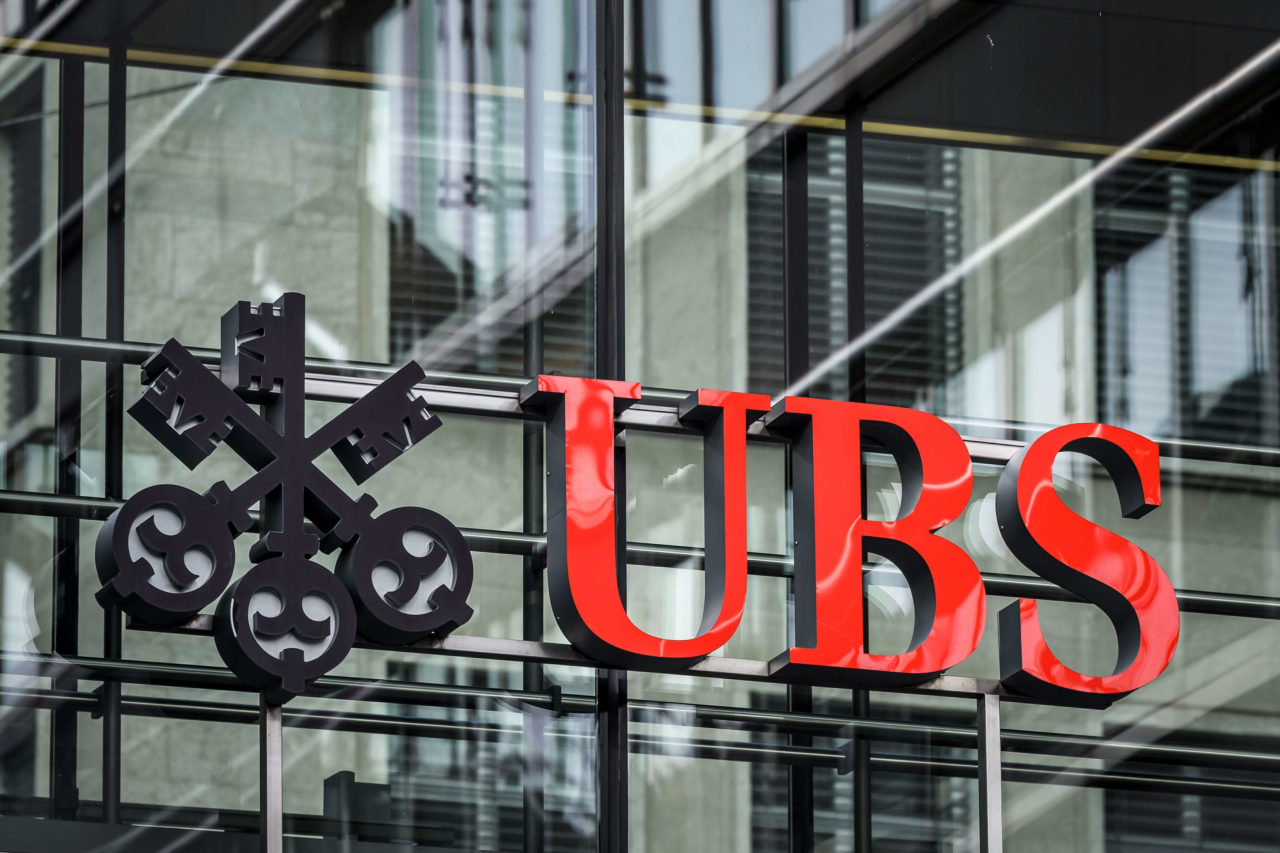

UBS starts the year with robust financial performance, signaling successful early-stage integration of Credit Suisse.
Swiss banking giant UBS has kicked off 2025 with an impressive net profit of $1.7 billion for the first quarter, driven by a substantial pre-tax profit of $2.1 billion. This solid financial footing underscores UBS’s effective management and strategic initiatives following its acquisition of Credit Suisse.
UBS reported total invested assets rising to $6.2 trillion, demonstrating the bank’s widespread influence in the market despite recent volatility observed in early April. This increase showcases UBS’s ability to attract and retain client investments during uncertain times, a critical factor for growth in the competitive retail banking landscape.
The bank’s Return on Common Equity Tier 1 (RoCET1) stood at 9.6 percent, with a robust CET1 capital ratio of 14.3 percent, indicating strong capitalization well above regulatory requirements. However, UBS acknowledges the importance of maintaining this momentum amid ongoing concerns about trade disputes and potential interest rate adjustments that may impact market stability throughout the summer.
UBS’s Global Wealth Management (GWM) division continues to thrive, with net new assets reaching $7 billion and a striking 32 percent year-on-year increase in revenues, largely due to heightened transaction activity. Additionally, new loan production in Switzerland exceeded 40 billion francs, while steady fee revenue persists despite broader economic uncertainties.
Notably, UBS is reaping benefits from its swift integration of Credit Suisse, having achieved significant cost savings totaling $0.9 billion, contributing to cumulative savings of $8.4 billion—65 percent of the targeted $13 billion by 2026. The consolidation of Swiss branches has already surpassed the planned timeline, with initial client migrations set for early Q2.
In Q1 alone, UBS repurchased $0.5 billion in shares, with an additional $2.5 billion earmarked for buybacks throughout 2025. This move is projected to drive a 10 percent year-on-year increase in total shareholder payouts when combined with dividends, reflecting the bank’s commitment to returning value to investors.
UBS remains dedicated to enhancing its technological capabilities, rolling out Microsoft Copilot to its workforce of 50,000 and advancing its cloud infrastructure, which now accounts for over 75 percent of its IT usage. This focus on technology is expected to improve operational efficiency and drive long-term growth.
Looking ahead, management expressed caution regarding potential threats from fluctuating trade tariffs and macroeconomic uncertainties that could destabilize the market environment. UBS anticipates a slight decline in net interest income across its Global Wealth Management and Personal & Corporate Banking sectors for Q2, contributing to a more cautious revenue outlook.
Despite the anticipated challenges, CEO Sergio Ermotti emphasized UBS’s commitment to supporting clients and driving economic growth within the communities it serves. The successful integration of Credit Suisse not only reinforces UBS’s market position but also positions the bank as a pivotal player in navigating the complexities of today’s retail banking environment.
As UBS moves forward, its strategies will undoubtedly continue to impact both the retail banking sector and the broader economic landscape, highlighting the importance of adaptability and innovation in meeting consumer trends.